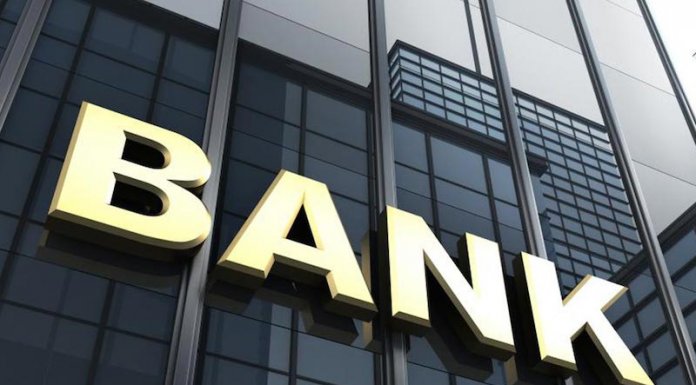Nigeria’s central bank is increasing pressure on lenders to keep providing credit in an effort to boost economic growth in Africa’s biggest oil producer.
The West African nation’s banking regulator raised the minimum loan-to-deposit ratio to 65% from 60% to “sustain the momentum” seen in lending since it first lifted the measure in July, the Abuja-based Central Bank of Nigeria said in a statement dated Sept. 30. Banks have until Dec. 31 to comply with the directive or risk an additional cash-reserve requirement equal to 50% of the lending shortfall implied by the ratio, it said.
The directive come as some lenders failed to meet an earlier deadline to ramp up lending, Ahmad Abdullahi, director of banking supervision, said on Monday, without elaborating. The steps are among a raft of regulations aimed at forcing banks to boost credit — mainly to farmers, small- and medium-sized businesses and consumers — as President Muhammadu Buhari’s administration seeks to reignite economic growth.
Nigerian gross credit increased by 5.3% to 16.4 trillion naira ($45.5 billion) by the end of September from May 31, the central bank said.
Only two out of the nation’s six biggest banks met the requirements as of June 30. The firms had lost some of their appetite to extend credit after bad loans surged in the wake of a crash in crude prices, but are now starting to make headway into consumer lending amid the constant pressure from regulators.
To contact the reporters on this story: Alonso Soto in Dakar at [email protected];Emele Onu in Lagos at [email protected]
To contact the editors responsible for this story: Stefania Bianchi at [email protected], ;Paul Richardson at [email protected], Vernon Wessels







